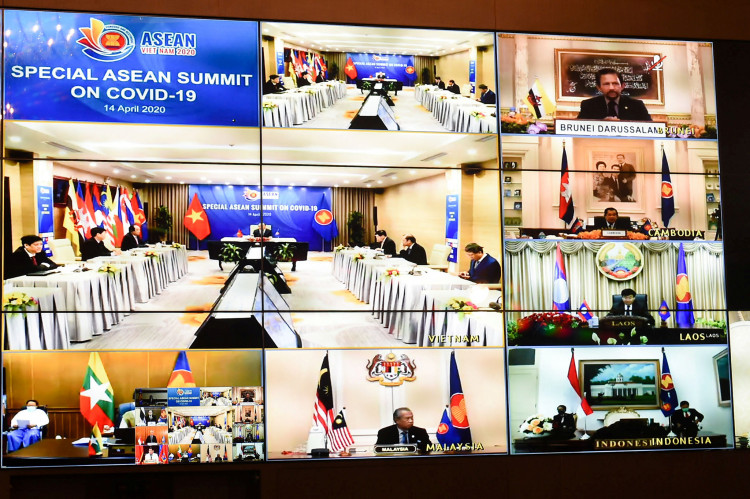Japan proposed the launching of a subsidy program that would encourage domestic manufacturers to relocate their overseas production from China to other parts of Southeast Asia. The move was considered since some companies that are heavily dependent on supply chains from China experienced disruptions caused by the pandemic.
There would be an injection of 23.5 billion yen for the subsidy program incorporated into the Japan government's emergency stimulus package. This would ease the economic fallout caused by the pandemic and would aid firms in diversifying their supply chains through financial assistance. It would also help the construction of production facilities and fund feasibility studies in ASEAN countries.
The initiative was established after automakers, and other manufacturers operating in China reported a shortage of parts after the pandemic shocked the Chinese economy. During such a period, lockdowns were imposed. These resulted in the mandatory shutdown of factories and production facilities in the country.
According to an official with the Ministry of Economy, Trade, and Industry, even before the pandemic hit China, there has been an apparent need for Japanese firms to open or transfer their production bases in other ASEAN nations. It was also announced that the subsidy scheme would help Japan build better relationships with other ASEAN signatory countries other than China.
Japanese firms also tapped into the Association of Southeast Asian Nations to establish an alternative output basis under the "China plus one" strategy. The plan was said to reduce the risks associated with heavy reliance on production in China, such as limiting anti-Japanese demonstrations, rising wages, and mitigate the adverse effects to the industry caused by the China-US trade war.
This Monday, Japan's government also extended the nationwide state of emergency in response to the growing problems caused by the pandemic. The extension would last until May 31, 2020. During this period, the government would relax some of the restrictions simultaneously. The move would aid in the faster recovery of its economy.
According to Japan's Prime Minister Shinzo Abe, the extension of the state of emergency in the coming month would serve as the country's preparatory period towards the next step. The announcement was made during a task force meeting where it was discussed that the Japanese government might terminate the state of emergency depending on the evaluations produced by May 14, 2020. The evaluation would be produced by infectious disease experts in the country.
Abe also added that he instructed the experts to release the state of regional infections nationwide and provide details on how far medical facilities would be available. They were also instructed to suggest measures that would render the government to decide the lifting of the state of emergency before the end of May.





